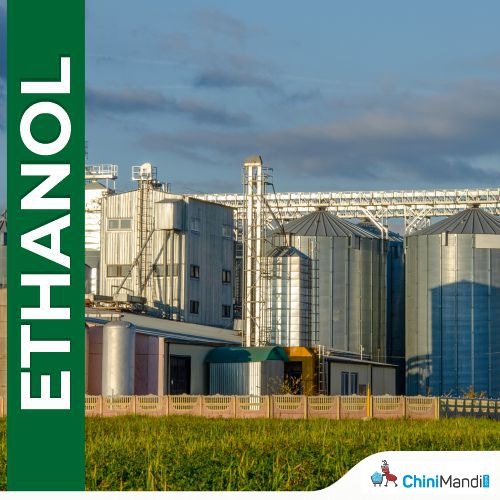The Indonesian government plans to provide incentives, including possible tax holidays, for companies that establish ethanol plants in the country.
Energy and Mineral Resources Minister Bahlil Lahadalia said on Friday that the initiative aims to support the implementation of the mandatory 10 percent bioethanol (E10) blending policy set to take effect in 2027.
“There will be incentives, possibly tax holidays,” he told reporters.
According to the news report by Indonesian news agency Antara, the minister revealed that there is potential for Brazilian investors to participate in developing ethanol plants in Indonesia, a possibility currently being discussed following the signing of a Memorandum of Understanding (MoU) between the two nations.
On Thursday, Lahadalia signed an MoU with a representative from Brazil’s Ministry of Mines and Energy to strengthen cooperation in the energy and mining sectors.
The partnership, he explained, will focus on new and renewable energy initiatives, drawing on Brazil’s extensive experience with bioethanol programs.
“The E30 is already mandatory in Brazil, and E100 is implemented in several states. We will collaborate in that area,” the minister said.
He emphasized that the government’s goal is to meet this demand entirely through domestic production, reducing the need for imports.
To achieve this, he underscored the importance of building local ethanol plants capable of processing raw materials such as cassava, corn, and sugarcane. These facilities, he said, would not only ensure supply but also create jobs and stimulate regional economic growth.
Lahadalia previously mentioned that an ethanol plant based on sugarcane processing is likely to be constructed in Merauke, South Papua. He also confirmed that President Prabowo Subianto has approved the E10 policy as part of Indonesia’s broader strategy to cut emissions and reduce dependence on imported fuel.














